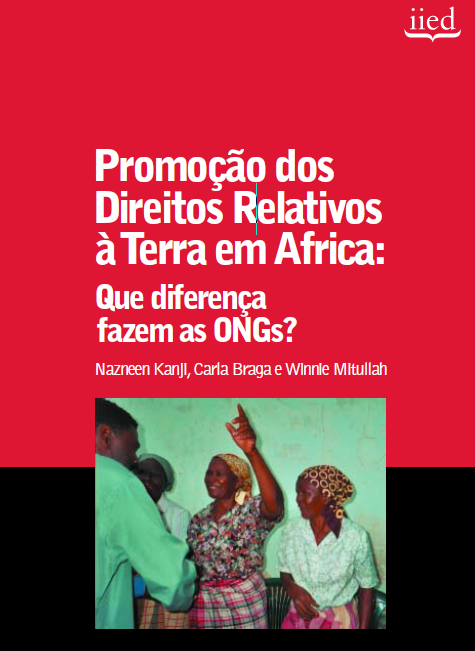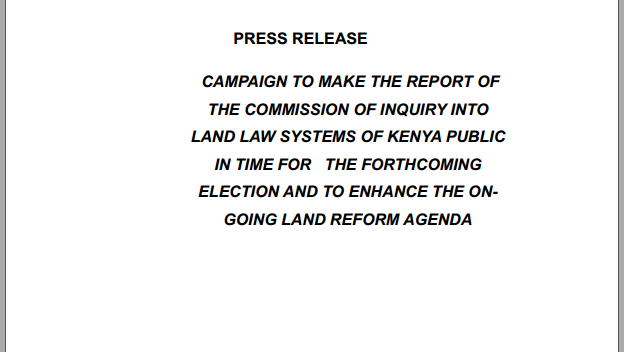Promoção dos Direitos Relativos à Terra em Africa
Nos últimos 20 anos, um número crescente de organizações não-governamentais (ONGs) diversificou as suas actividades passando da prestação de serviços para a advocacia em prol de políticas. Elas estão a receber créditos pelos seus consideráveis impactos em processos globais, desde o desenvolvimento económico até à democracia. Mas estarão tais impactos a acontecer, de facto, e se sim como é que são conseguidos?






